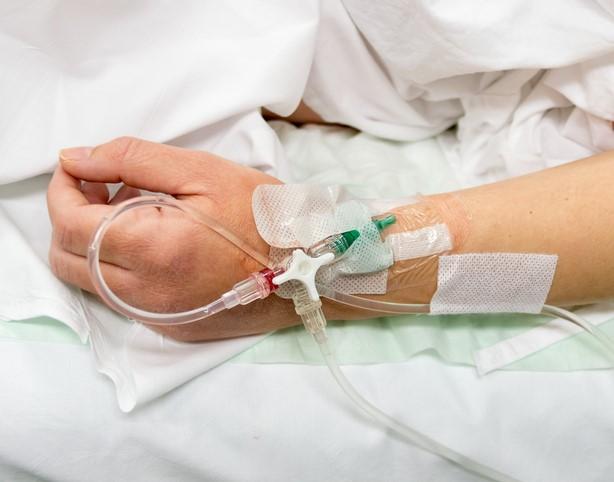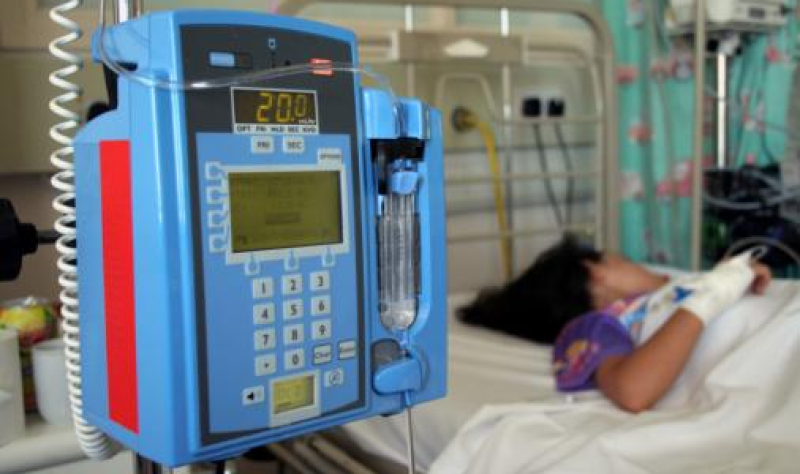EU July Travel Restrictions: List of Countries Keeping COVID Entry Rules in Place This Summer

Following the improvement of the COVID-19 situation in Europe and further, in the world, the majority of European Union/European Economic Area countries decided to lift their entry rules and allow restriction-free travel during the summer season.
The list of the European Union/European Economic Area countries that have completely lifted their COVID19 entry restrictions and now permit restriction-free entry to all travellers is as follows:
- Austria
- Belgium
- Bulgaria
- Czech Republic
- Croatia
- Cyprus
- Denmark
- Estonia
- Finland
- Greece
- Germany
- Hungary
- Iceland
- Ireland
- Italy
- Latvia
- Lithuania
- Norway
- Poland
- Romania
- Slovakia
- Slovenia
- Sweden
- Switzerland
All travellers, regardless of which country they are travelling from, can enter the above-listed countries even if they do not hold a vaccination, recovery, or test certificate.
While these 24 EU/EEA countries permit restriction-free entry to all travellers, the remaining ones still continue to keep entry rules in place for some travellers, SchengenVisaInfo.com reports.
The list of EU/EEA countries that still require travellers to meet certain COVID entry rules includes France, Malta, the Netherlands, Portugal, and Spain. Even though these countries have a stable COVID situation, they continue to keep entry rules in place.
Below you may find the current COVID-19 entry rules that each of these five countries applies.
France

France continues to remain one of the EU countries that still require travellers to follow Coronavirus entry rules even though the summer season has officially started.
The French authorities currently apply different entry rules depending on the country a person is travelling from. There are two different categories of countries of origin – the green and the orange category.
The green list of France includes all the EU/EEA countries as well as tens of third countries. Travellers who reach France from a country that is part of the green list are not required to follow any additional rules as long as they provide a vaccination, recovery, or test certificate.
Those who are unable to present one of these certificates need to undergo PCR or rapid antigen testing.
“Unvaccinated travellers must present a negative result of a PCR test less than 72 hours or an antigen test less than 48 hours before departure (departure of the first flight in the event of a connection), or a certificate of recovery (a positive result of a PCR or antigen test carried out more than eleven days and less than six months previously,” the statement of the Ministry reads.
Similar rules apply to those travelling to France from a country placed on the orange list. Fully vaccinated and recovered travellers from countries that are part of France’s orange list are permitted restriction-free entry.
On the other hand, those who have not been vaccinated or recovered from the virus must present a negative test result as well as a compelling reason to justify the need to enter the territory of France.
Malta

Malta facilitated some of its entry rules recently. Nonetheless, the country still requires all incoming travellers to hold valid COVID-19 proof upon their arrival.
The Maltese government explains that all travellers, regardless of their country of origin, must present a COVID-19 certificate – a vaccination, recovery, or test certificate. In addition, the same noted that the certificate must meet the validity rules.
Travellers who present a vaccination, recovery, or test certificate are not required to follow any additional entry rules.
“As from 6th June 2022, persons aged 12 years and over are permitted to travel to Malta without undergoing quarantine as long as they provide either of the three documents: proof of vaccination, or proof of recovery, or test certificate,” the statement of the government of Malta reads.
The requirement to present one of these passes does not apply to those under the age of 12. This means that children under 12 can enter Malta restriction-free, regardless of their vaccination or recovery status.
Netherlands

While the two countries mentioned above apply entry rules to all travellers, the Netherlands keeps COVID-19 entry restrictions in place only for third-country travellers.
“An EU entry ban is in effect for people from countries outside the European Union/Schengen area. There are exemptions to the entry ban. For example, if you come from a safe country, or you have proof of vaccination or proof of recovery that meets the requirements.” the Dutch government emphasises.
Travellers from non-EU countries need to present a vaccination or recovery certificate to be permitted entry to the Netherlands. Travellers from non-EU countries who do not hold any of these two certificates are currently banned, meaning that they cannot enter the Netherlands.
In contrast, travellers from the EU/EEA countries can enter the Netherlands restriction-free regardless of the vaccination status of their purpose of the trip.
Portugal

Portugal updated its entry rules a couple of months ago. However, the country still requires all incoming travellers to follow COVID entry rules.
According to Visit Portugal, which is the official travel portal of Portugal, all travellers over the age of 12 must present a vaccination, recovery, or test certificate upon their arrival.
Nonetheless, travellers are still required to check what rules apply to them depending on their country of origin, as Portugal does not accept COVID passes from all countries.
Portugal currently recognises Coronavirus certificates issued by EU countries. In addition, it also recognises passes issued in tens of other third countries: Albania, Andorra, Armenia, Australia, Benin, Cabo Verde, Colombia, El Salvador, Faroe Islands, Georgia, Indonesia, Israel, Iceland, Jordan, Lebanon, Liechtenstein, Malaysia, Moldova, Monaco, Montenegro, Morocco, New Zealand, North Macedonia, Norway, Panama, San Marino, Seychelles, Serbia, Singapore, Switzerland, Taiwan, Thailand, Tunisia, Togo, Turkey, Ukraine, United Arab Emirates, United Kingdom and the Crown Dependencies, Uruguay, the Vatican City State, and Vietnam.
Just like mainland Portugal, the Azores requires all travellers to hold COVID proof. Conversely, Madeira has lifted all of its rules. All travellers can enter Madeira restriction-free.
“There are no restrictions on the entry of travellers at the airports, ports and marinas of Madeira. Tests undertaken before returning to the country of origin are the responsibility of the passenger, i.e. at his/her own expense,” Visit Portugal notes.
While some entry rules remain in place, Portugal has already facilitated the majority of its domestic restrictions.
Spain

Despite dropping its entry rules for EU/Schengen Area travellers, Spain still requires nationals of non-EU countries to meet certain entry rules.
The Spanish Ministry of Health notes that all third-country travellers must present a vaccination, recovery, or test certificate upon their arrival in Spain. Those who present one of these passes are permitted entry for all kinds of purposes.
However, it has been emphasised that travellers who do not hold an EU Digital COVID Certificate or an EU equivalent need to fill out the Health Control Form.
“Who has to fill out the Health Control Form? Persons arriving from countries that are NOT members of the European Union or do NOT have the status of Schengen associated countries, who do not have an EU Digital COVID Certificate or EU Equivalent. Children under the age of 12 and passengers in international transit do not have to show a certificate or SpTH QR,” the Ministry highlights.
Similar to the other countries, Spain applies the same validity rules on COVID passes. A vaccination certificate is accepted as long as it proves that the holder has completed primary vaccination in the last nine months or has received a booster shot.
A recovery certificate is accepted if it proves that the holder recovered from the virus in the last six months. As for the test, the authorities explain that they accept both PCR and rapid antigen tests. The PCR test must be taken within 72 hours before arrival in Spain, whereas the rapid antigen test must be taken within 24 hours before arrival in Spain.
Despite keeping entry rules in place for third-country travellers, Spain has already lifted the majority of its domestic COVID restrictions. All travellers can now access different events and public places without being required to show a COVID pass.
Editor’s Pick:



